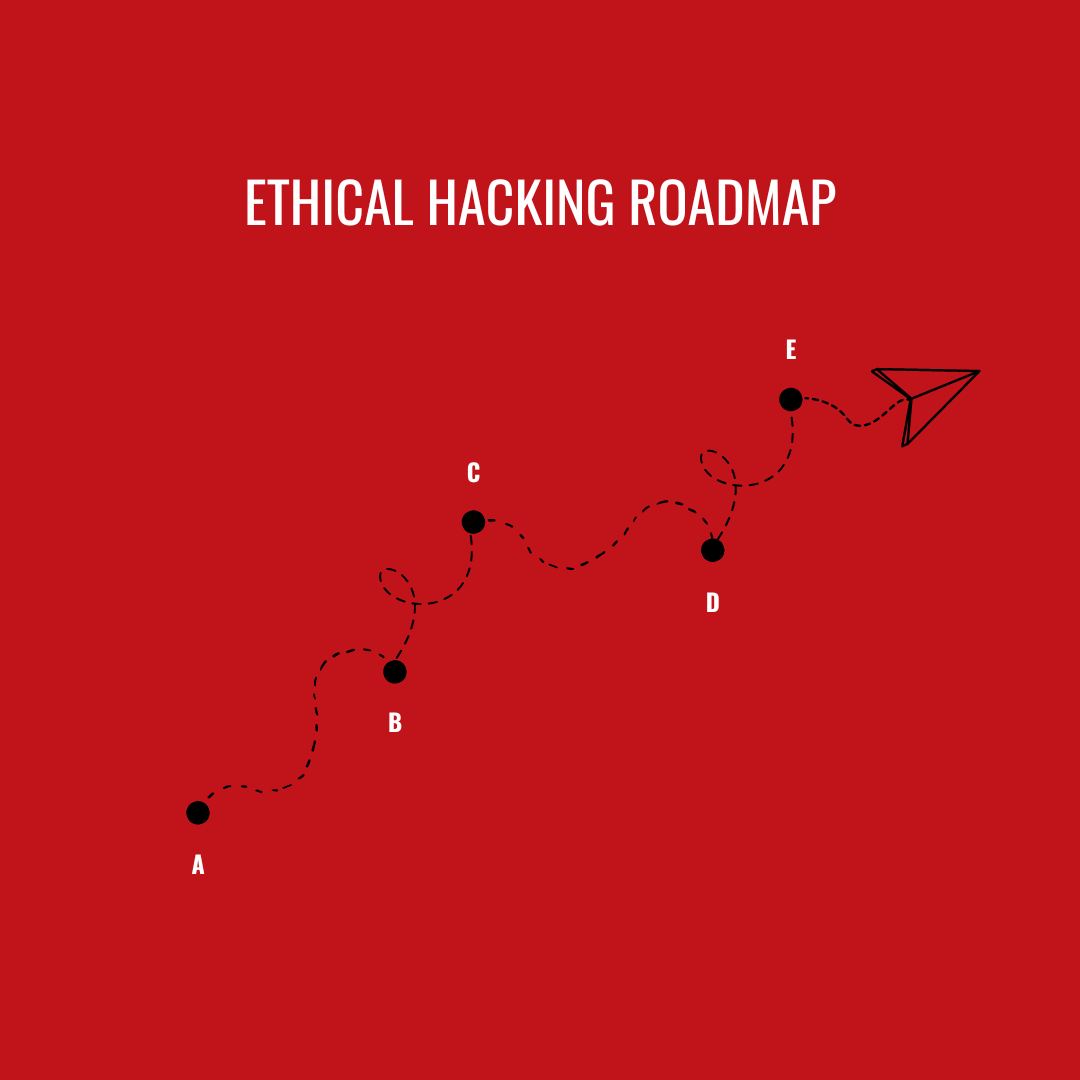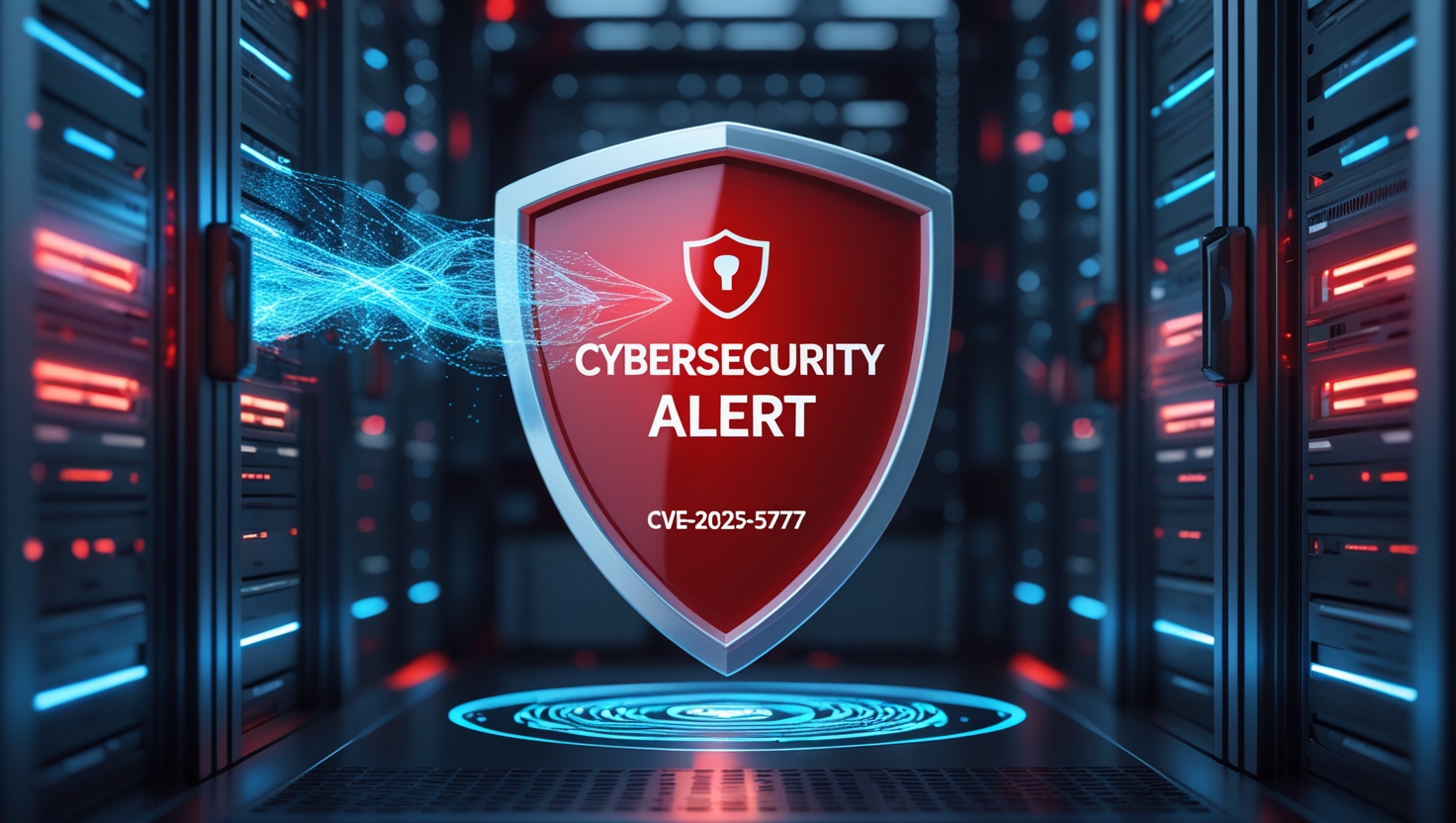Ethical hacking has become a vital part of the cybersecurity landscape, offering organizations the ability to identify and mitigate vulnerabilities before malicious hackers exploit them. This blog will guide you through the ethical hacking roadmap starting from the basics and progressing to advanced techniques.
What is Ethical Hacking?
Ethical hacking, also known as penetration testing or white-hat hacking, involves legally breaking into computers and devices to test an organization’s defenses. It’s a proactive approach to securing systems and data, ensuring vulnerabilities are found and fixed before they can be exploited.
The Importance of Ethical Hacking
With the increasing number of cyber threats, ethical hackers play a crucial role in protecting sensitive information. They help organizations understand their security posture and implement stronger defenses. Ethical hacking is essential for maintaining trust, protecting assets, and ensuring compliance with regulations.
Lets get started with Basics and understand about Ethical Hacking from scratch.
Understanding the Fundamentals
Before diving into ethical hacking, it’s essential to understand the basics of computer systems and networks. Familiarize yourself with operating systems (Windows, Linux, macOS), networking concepts (TCP/IP, DNS, firewalls), and common protocols (HTTP, FTP, SMTP).
What programing do you need to get started with Ethical Heacking?
Programming knowledge is crucial for ethical hackers. Start with languages like Python, which is widely used for scripting and automation. Understanding other languages like JavaScript, C, and C++ will also be beneficial.
Exploring Cybersecurity Concepts
Gain a solid foundation in cybersecurity concepts such as encryption, hashing, firewalls, intrusion detection systems (IDS), and intrusion prevention systems (IPS). Understanding these concepts will help you grasp how security measures are implemented and how to identify weaknesses.
Here is How you Build your knowledge
Networking and System Administration
Deepen your understanding of networking by learning about advanced topics like subnetting, VLANs, and routing. System administration skills are also essential. Learn how to manage and configure servers, work with Active Directory, and understand common services like DHCP and DNS.
Mastering Linux
Linux is the preferred operating system for many ethical hackers due to its flexibility and powerful command-line interface. Learn how to use Linux effectively, focusing on distributions like Kali Linux, which is designed for penetration testing.
Introduction to Penetration Testing
Begin exploring penetration testing methodologies, including reconnaissance, scanning, exploitation, and post-exploitation. Tools like Nmap, Metasploit, and Wireshark are essential for conducting penetration tests. Learn how to use these tools to identify and exploit vulnerabilities.
Web Application Security
Web applications are common targets for attackers. Learn about common web application vulnerabilities such as SQL injection, cross-site scripting (XSS), and cross-site request forgery (CSRF). Understand how to use tools like Burp Suite and OWASP ZAP to test web applications for security flaws.
How can you advance Your Skills in ethical hacking?
Advanced Penetration Testing Techniques
Delve deeper into advanced penetration testing techniques. Learn about buffer overflows, privilege escalation, and advanced exploitation methods. Practice your skills in controlled environments like virtual labs and capture-the-flag (CTF) challenges.
Wireless Network Security
Wireless networks are often vulnerable to attacks. Understand the security protocols used in wireless networks (WEP, WPA, WPA2) and learn how to exploit weaknesses in these protocols. Tools like Aircrack-ng and Wireshark are essential for wireless network penetration testing.
Exploit Development
Exploit development involves writing code to take advantage of vulnerabilities in software. This requires a deep understanding of programming and low-level system operations. Learn about shellcode, reverse engineering, and debugging tools like GDB and OllyDbg.
Social Engineering
Social engineering involves manipulating individuals to gain unauthorized access to systems or information. Study techniques like phishing, pretexting, and baiting. Understand how to craft convincing social engineering attacks and how to defend against them.
How to get ethical hacking Certifications?
Industry-Recognized Certifications
Earning certifications can validate your skills and enhance your career prospects. Some of the most respected certifications in ethical hacking and cybersecurity include:
- Certified Ethical Hacker (CEH)
- Offensive Security Certified Professional (OSCP)
- GIAC Penetration Tester (GPEN)
- CompTIA PenTest+
These certifications typically require passing a rigorous exam and, in some cases, demonstrating hands-on skills through practical assessments.
Building a Portfolio
Create a portfolio showcasing your skills and projects. Include details about penetration tests you’ve conducted, vulnerabilities you’ve discovered, and how you remediated them. Contributing to open-source projects and participating in CTF competitions can also enhance your portfolio.
Networking and Professional Development
Join cybersecurity communities, attend conferences, and participate in online forums. Networking with professionals in the field can provide valuable insights, job opportunities, and mentorship. Consider joining organizations like the Information Systems Security Association (ISSA) or the International Information System Security Certification Consortium (ISC)².
Ethical Hacking Roadmap in Info graph

infograph of ethical hacking roadmap
Staying Updated and Continuous Learning
Cybersecurity is a constantly evolving field. Stay updated with the latest trends, vulnerabilities, and attack techniques by following security blogs, podcasts, and news sites. Engage in continuous learning through online courses, workshops, and advanced certifications.
Ethical Hacking Tools and Resources
Essential Tools for Ethical Hackers
- Nmap: Network scanning and discovery tool.
- Metasploit: Exploitation framework for testing vulnerabilities.
- Wireshark: Network protocol analyzer.
- Burp Suite: Web vulnerability scanner.
- Aircrack-ng: Suite of tools for wireless network security testing.
- John the Ripper: Password cracking tool.
- Hydra: Password brute-forcing tool.
Online Resources and Communities
- OWASP (Open Web Application Security Project): Provides resources for web application security.
- Cybrary: Offers free and paid cybersecurity training courses.
- Hack The Box: Virtual labs and challenges for practicing penetration testing skills.
- Reddit: Subreddits like r/netsec and r/hacking are great for discussions and news.
Real-World Applications of Ethical Hacking
Securing Corporate Networks
Ethical hackers help organizations secure their networks by identifying vulnerabilities in their infrastructure. They perform regular penetration tests and vulnerability assessments to ensure the organization’s defenses are robust.
Protecting Web Applications
Web applications are a common target for cyberattacks. Ethical hackers test these applications for vulnerabilities, ensuring they are secure against common attacks like SQL injection and XSS. They work with developers to implement security best practices and fix identified issues.
Safeguarding Personal Data
Ethical hackers play a crucial role in protecting personal data. They test systems for weaknesses that could lead to data breaches, helping organizations comply with data protection regulations and protect sensitive information.
Enhancing Incident Response
In the event of a cyberattack, ethical hackers assist in incident response by identifying the attack vector, containing the breach, and mitigating the impact. Their expertise helps organizations recover quickly and implement measures to prevent future incidents.
Conclusion
The journey to becoming an ethical hacker is challenging but rewarding. By following this roadmap, you can develop the skills and knowledge needed to protect organizations from cyber threats. Remember, continuous learning and staying updated with the latest trends are essential in this ever-evolving field. Start your journey today and become a hero in the world of ethical hacking.



